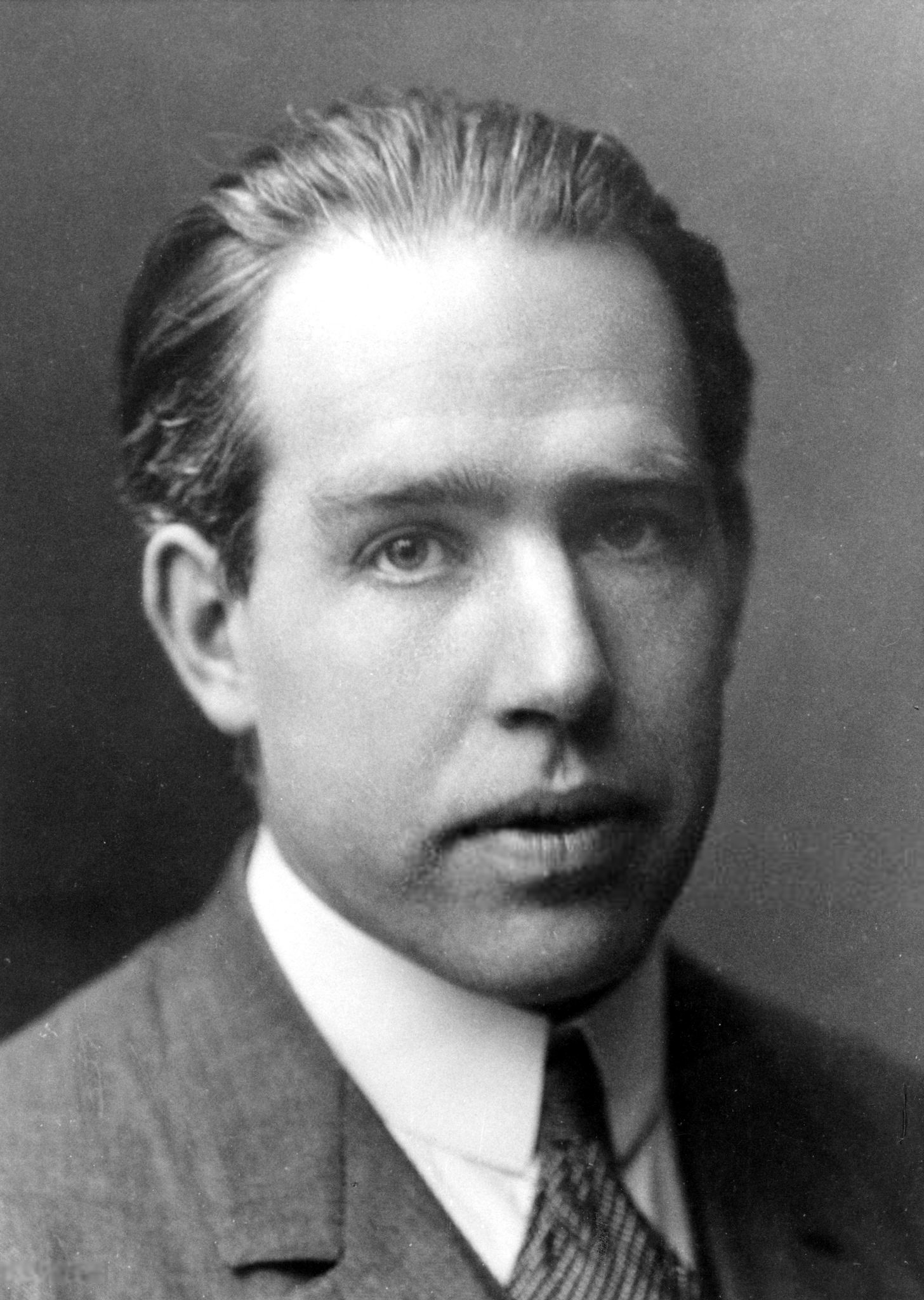Everettian quantum theory
- Introduction to Quantum Mechanics
- Wave-Particle Duality
- Schrodinger's Equation
- The Copenhagen Interpretation
- Introduction to Everettian Quantum Theory
- Implications of The Many-Worlds Interpretation
- Criticisms and Alternatives to Everettian Quantum Theory
The Copenhagen Interpretation
Background and Principles of the Copenhagen Interpretation

Danish physicist (1885–1962).
The Copenhagen Interpretation is one of the earliest and most widely known interpretations of quantum mechanics. Named after the city where physicist Niels Bohr resided, this interpretation was primarily developed by Bohr and Werner Heisenberg in the early 20th century.
Introduction to the Copenhagen Interpretation
The Copenhagen Interpretation is a philosophical stance about the nature of quantum mechanics. It suggests that the act of measurement plays a crucial role in the behavior of quantum systems. According to this interpretation, a quantum system remains in a superposition of states until measured, at which point it collapses into one of the possible states.
Key Contributors: Niels Bohr and Werner Heisenberg
Niels Bohr, a Danish physicist, and Werner Heisenberg, a German physicist, were the main contributors to the development of the Copenhagen Interpretation. Bohr introduced the concept of complementarity, while Heisenberg is known for his uncertainty principle.
The Principle of Complementarity
Bohr's principle of complementarity states that quantum objects have complementary properties, which cannot be observed or measured simultaneously. For example, the position and momentum of a particle are complementary properties. According to the uncertainty principle, the more precisely one property is measured, the less precisely the other can be known.
The Concept of Wave Function Collapse
The Copenhagen Interpretation introduced the concept of wave function collapse. According to this concept, a quantum system exists in a superposition of states until a measurement is made. Upon measurement, the wave function 'collapses', and the system is found in only one of the possible states.
The Role of the Observer in Quantum Mechanics
In the Copenhagen Interpretation, the observer plays a crucial role. The act of observation or measurement causes the wave function to collapse. This interpretation introduces a subjective element into quantum mechanics, as the outcome of a quantum event can depend on whether or not an observation is made.
In conclusion, the Copenhagen Interpretation was a pioneering interpretation of quantum mechanics. Despite its criticisms and controversies, it has played a significant role in shaping our understanding of the quantum world.